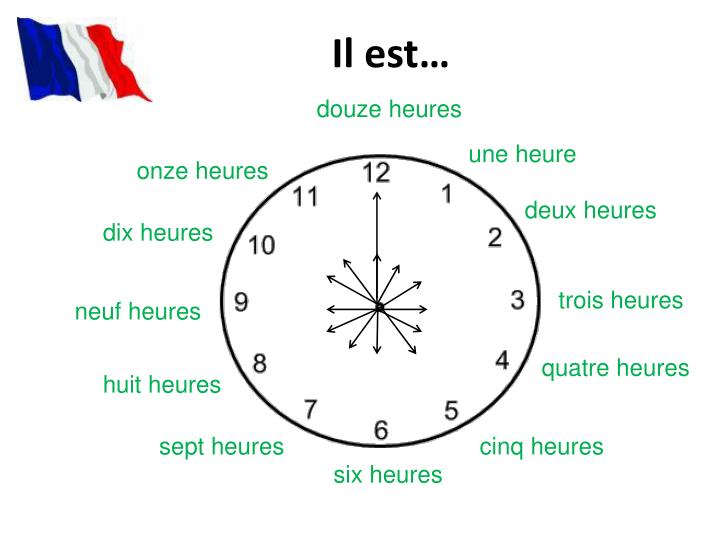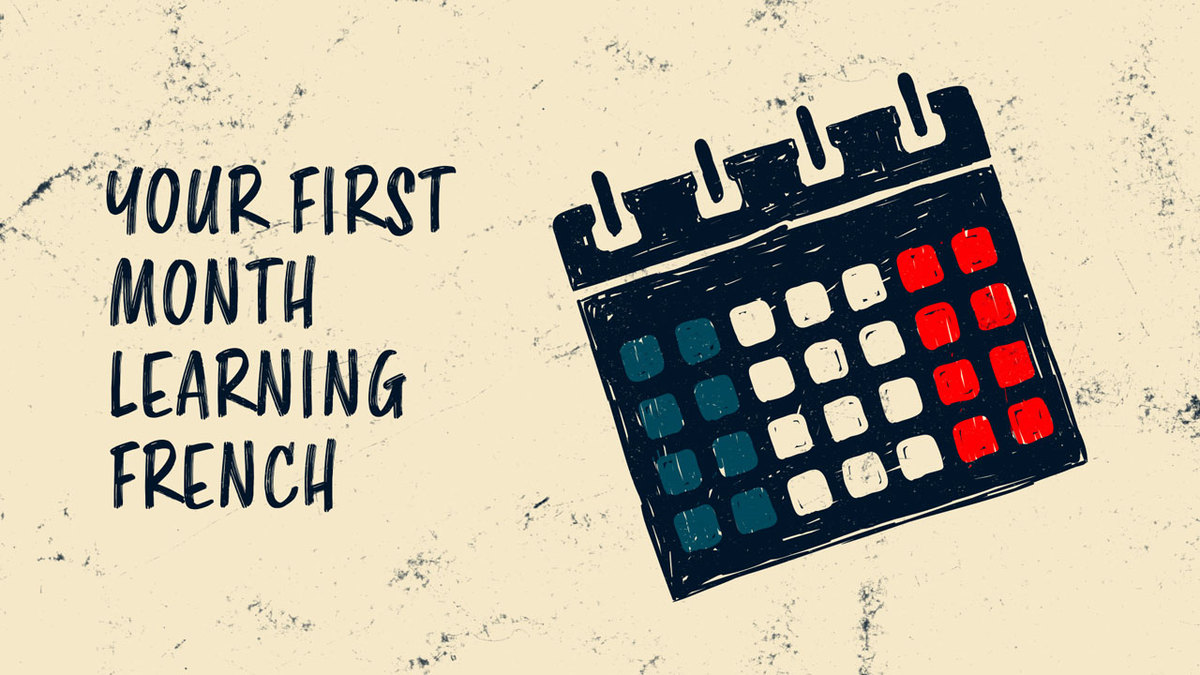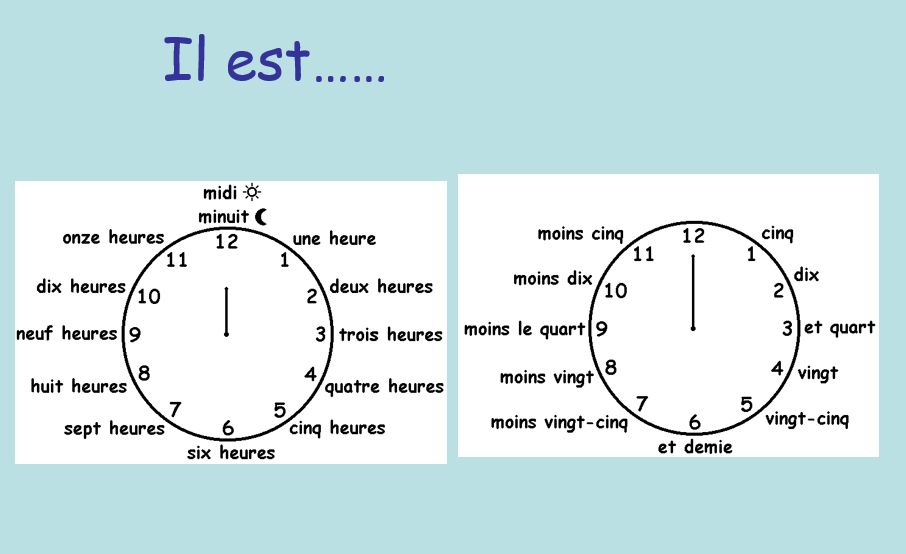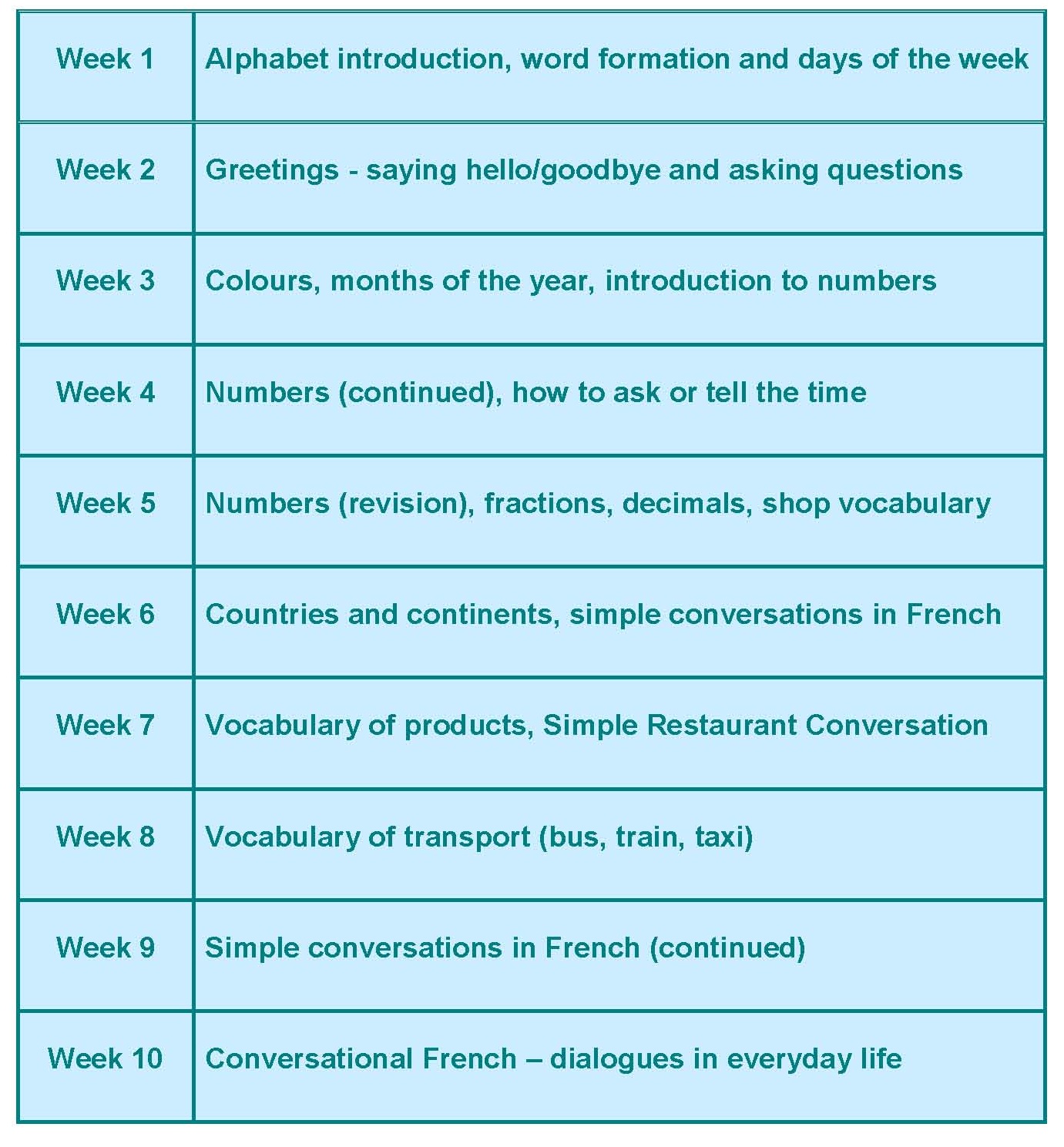Best Tips About How To Learn The Time In French

What you need to know.
How to learn the time in french. Ivanna shapirko wants to be a quebecer. We measure time mainly with seconds, minutes, and hours:
Du soir — in the evening. Know your french numbers (from 0 to 59 is enough) use the sentence il est + (number) + heure (s) while in english, you can say “it’s four” instead of “it’s four o’clock”, you can’t do the same in french. To tell the time in french, you need to:
Practice speaking, reading, listening, and writing to build your vocabulary and grammar skills. (it’s 3:20 in the morning.) in english, we sometimes leave out “o’clock,” and say things like “it’s ten.” in french, you can’t leave out the heures. The following table covers 15 minutes past the hour, 30 minutes past.
The simplest and the most common way to tell the time in french is il est + time (hours + minutes). Say the time in french : As a child, she had dreamed of learning french.
The phrase to say the time is: Feb 27, 2024, 12:29 am. (“time is of the essence!”) before you learn how to tell the time in french, you’ll need to understand when someone is asking you for it.
Jan 30, 2024 how to tell the time in french? The simplest formula to tell the time in french is “il est” (it is in english). This has been used since the existence of digital clocks and time.
You plug in the hour before heure (s) and the minutes after. The classic way of reading time using the 12 hours system. Learn the many ways of telling the time in french with audio (casual & official french time), &.
It's also possible to state the time in french by saying the hour followed by heure(s), followed by the minutes, eg: Now, despite the chaos of war, an opportunity had presented itself. You must be logged into your progress with lawless french account to take these tests.
How to maximize battery performance “battery life” is the amount of time a device runs before it needs to be recharged. You would say il est quatre heures and not il est quatre. The only exception is when we say midi (noon) and minuit (midnight).
That’s why you need to master the vocabulary and expressions relating to time when you’re learning french. But when you get used to it, you’ll understand why the french, who value logic and concision, have adopted this system. Learning how to tell the time in french allows you to arrange meetings, attend group gatherings, and connect with more people speaking french.

















